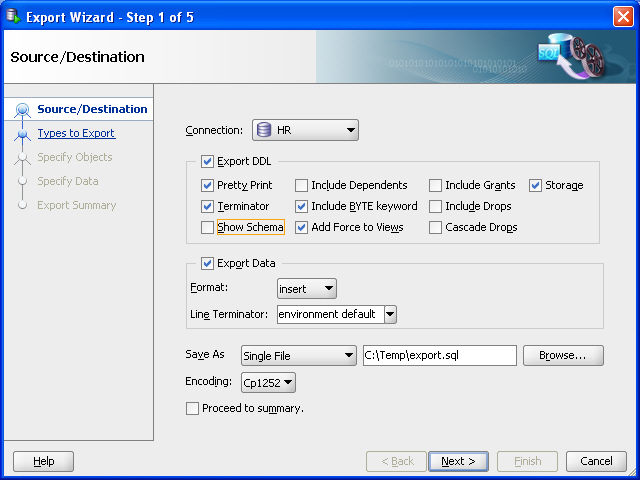Object Metadata Table Cannot Be Changed
To become(5)We are using currently NHibernate to support a flexible entity model. The system fields are stored in one table and the dynamic fields are stored in an extension table. The tables shared the same primary keys.We use a JOIN component to map a dictionary in the extension table. The JOIN component is mapped as optional but the following bug occurss:.Create a new entity with no dynamic attributes.
Hibernate stores an empty record in the second table - all columns are stored as null except for the foreign/primary key.Load the created record and set a dynamic field.Save the updated record will result in an error. NHibernate will issue a new insert instead of an update statement.There is currently a bug in Nhibernate which may be related to this.I'm wondering if currently there is a solution to this NHibernate Core bug or if anyone has a workaround to it?Thank you! I was able to get the code to work by using mapping to a function that points to the id on the component: This also requires that the CustomerId property be added to the component class.The reason that this happens is that when NHibernate pulls the existing record it does not populate the the related component if there are no non-null values. So when it checks the 'old values' when calling UpdateOrInsert in AbstractEntityPersister it sees just a null object for the component attribute and thus thinks it is an insert.

This is the same behavior when there is no record in the table. By adding the mapped formula field using the key field the component attribute has a value in the 'old fields' and it properly knows that it needs to perform an update.Here is a repo with the additional unit tests and the working solution (to be used with the NHibernate.Test project) based on the original unit tests found here -:Kent. NHibernate mapping class with attribute of same typeReferences, where our table contains foreign keys, are almost always best to map with many-to-one.Simply think about it as a standard reference to other instance ( Country, Currency).

Which is accidentally of a same type. The only challenge I see, is to be sure that the server part (C# code, app) will be properly setting these values. There is not bi-directional mapping in this kind of persisted information. Each sibling, needs its own information who is right who is left.I mean, comparing with Similar mapping: parent-child (also same type).
In that case we would have child having reference to parent, and parent having collection of children.But that is not the same here. We map just one side of the relation.A one-to-one is not suitable here, because it requires two tables, with (almost) the same amount of rows, sharing same column as a key. I like to use it, but for kind of Additional info.

Object Metadata Table Cannot Be Changed Lyrics
See:. NHibernate Dynamic Columns Number. NHibernate Optional Join generates insert instead of update.